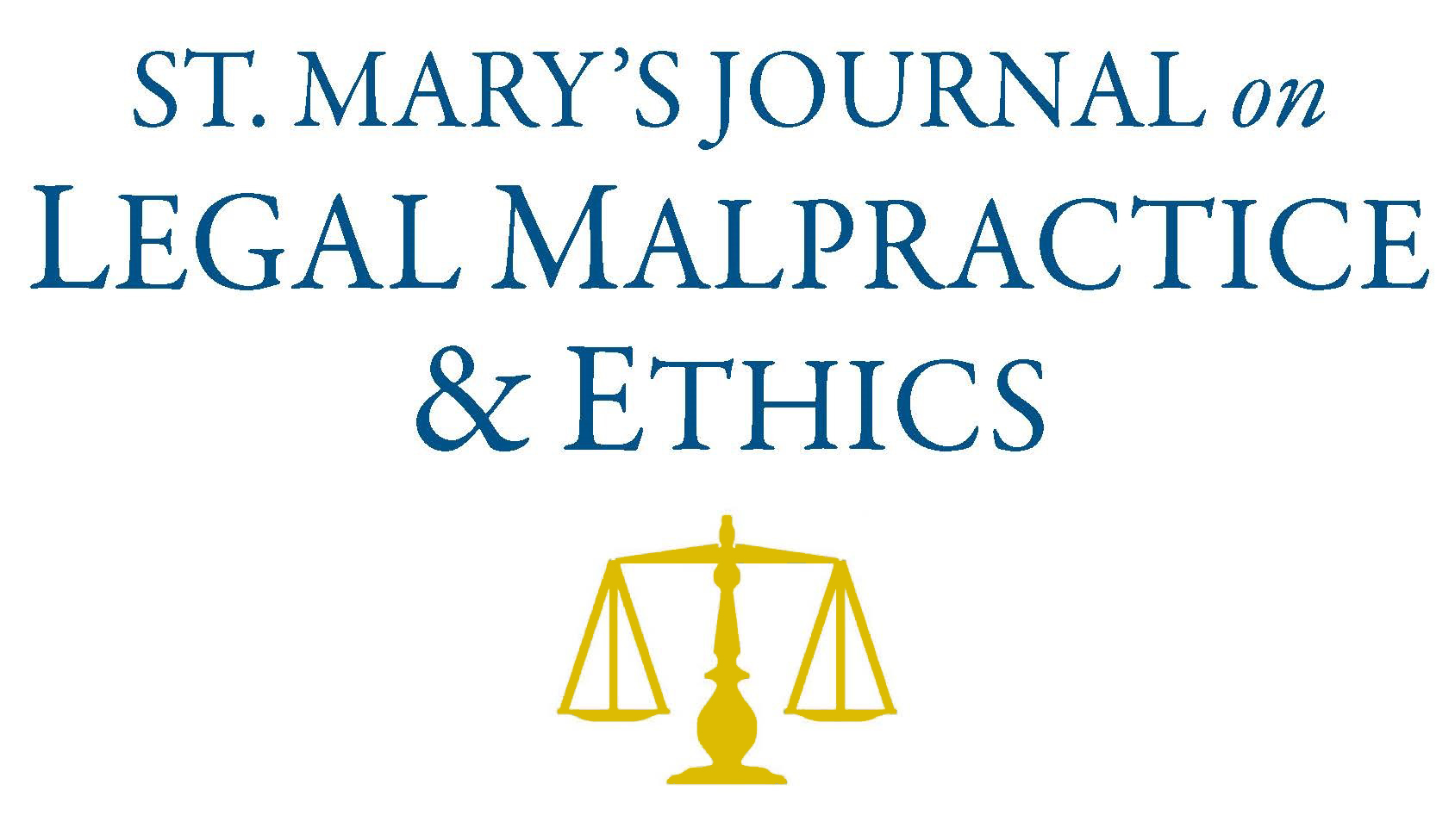
Ethical Considerations for Prosecutors: How Recent Advancements Have Changed the Face of Prosecution
First Page
60
Date Created
1-2020
Publisher
St. Mary's University School of Law
Editor
Robert W. Derner
Last Page
101
Abstract
The prosecutor acts as a minister of justice with sweeping discretion to charge an individual with a crime, plea a case in a manner supported by the strength of the evidence, proceed to trial on a case, and even dismiss a case. He must balance the interest of the victim, the community, and the constitutional rights of the accused in every decision he makes.
This article will explore the role of the American prosecutor and discuss various ethical issues encountered on a daily basis. After a brief introduction, the author will succinctly discuss the history of the prosecutor and will expound on some important hallmarks of prosecutorial work such as justice and discretion. Once acquainted with these mainstays, the article will turn its analysis to two contextually recent developments in prosecutorial ethics: advancements in disclosure of evidence, and the trend of various prosecuting offices declining to pursue charges for certain offenses as a matter of policy. For the sake of brevity, the latter will be referred to as a policy-based approach to prosecution. It should be evident that these are not the only ethical issues for prosecutors. However, to best understand how prosecutors function at present, it is vital to take a look at these matters. With changes in societal expectations, culture, and the law, these two matters are of great importance.
In considering criminal discovery, profound changes have happened over the past five years giving rise to increasing duties imposed on the prosecutor. These duties altered how crimes are prosecuted and information is shared with counsel for the accused. Having the benefit of five years since the implementation of these laws, the practical impact of these new ethical obligations will be analyzed. Next, as an increasing number of prosecuting offices are adopting a policy-based approach to prosecution, many are questioning the propriety of such an approach and whether or not it appropriates powers that are outside the role of a prosecutor. What are the ethical considerations innate to such an approach and how do they affect the role of the prosecutor?
Throughout this article, special consideration will be given not just to the theoretical implications of various statutory provisions, but also to their practical effects. How these issues affect prosecutors and cases is an important matter that will be explored. The perspective of a prosecuting practitioner with both trial and supervisory experience will be apparent throughout the analysis.
Recommended Citation
Joshua L. Sandoval,
Ethical Considerations for Prosecutors: How Recent Advancements Have Changed the Face of Prosecution,
10
St. Mary's J. on Legal Malpractice & Ethics
60
(2020).
Available at:
https://commons.stmarytx.edu/lmej/vol10/iss1/7
Included in
Criminal Law Commons, Criminal Procedure Commons, Law and Society Commons, Legal Ethics and Professional Responsibility Commons, Legal Remedies Commons, State and Local Government Law Commons

